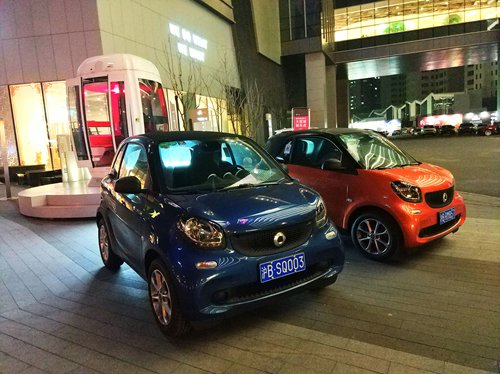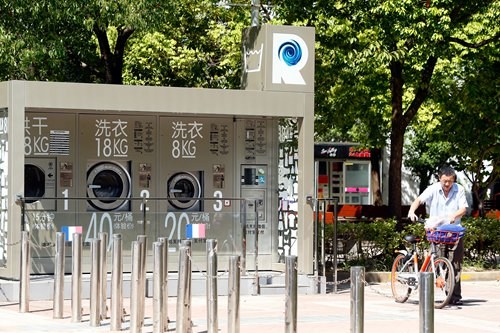China reigns in its new sharing economy until issues are addressed
Sharing economy, also known as collaborative economy or peer economy, is an umbrella term for the general premise of unchanged ownership, temporarily transferring the right of usage to improve the utilization rate of resources so that both sides of supply and demand benefit.

With the popularity and development of the Internet, items to be shared are becoming increasingly diversified and the concept of a sharing economy becoming more mature. Shared bicycles, for instance, are now seen everywhere. Yellow, orange, blue, gold and rainbow-colored bikes are omnipresent in most large Chinese cities.
Automobiles, power banks, umbrellas, washing machines and even karaoke booths have also joined in to contribute to the development of China's massive sharing economy. However, with more and more items being shared, users are quickly finding that the so-called sharing economy is not as attractive as it first appeared.

Excessive and disorderly shared bikes in circulation have brought congestion and headaches to both pedestrians and vehicle drivers. Uncivilized behavior by vandals and criminals who purposely damage or steal shared bicycles are also often reported.
Hundreds of shared umbrellas in Shanghai went missing not long after they were first put in circulation. Shared sleeping capsules and even shared children's tricycle strollers were discontinued just weeks after their launch, because how to manage and maintain them became an impossible problem for city administrators to solve by themselves.
Although the popularity and convenience of China's new shared lifestyle is now envied by people from all over the world, how to better manage a sharing economy, make it serve people well and provide societies a convenient life must be addressed before it is allowed to continue.


















































